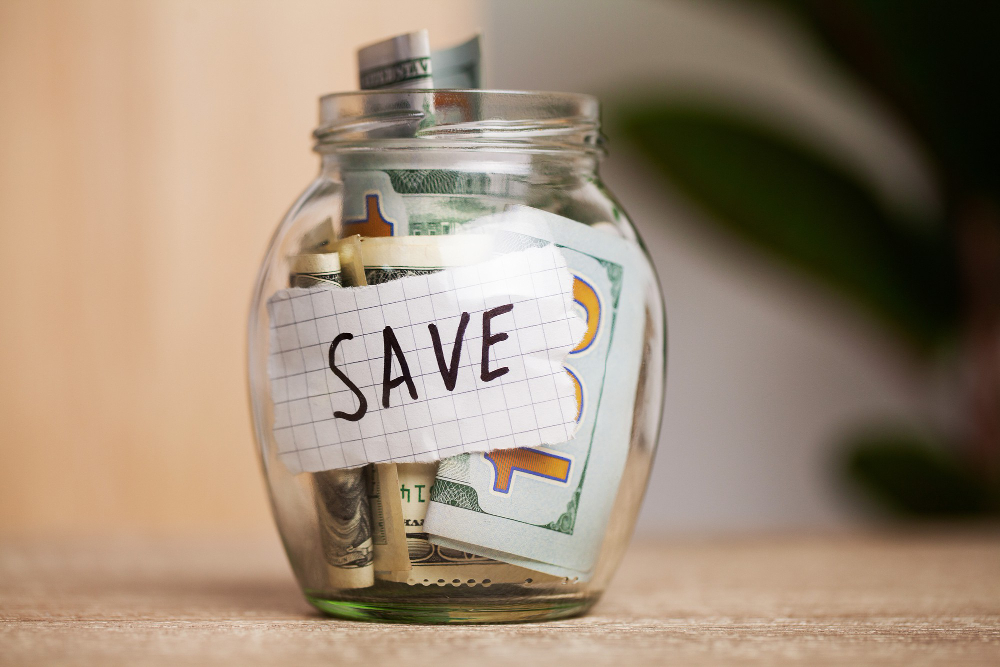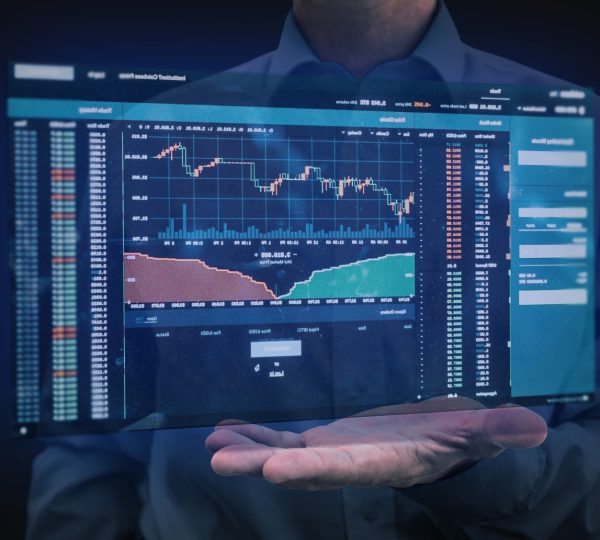You know the feeling if you’ve tried to buy concert tickets in the last few years.
If you’ve purchased a ticket recently, you may have questioned where all that extra money went, what with the increased price plus the additional “service” and “convenience” costs.
Whether it’s the crowds of frustrated Taylor Swift fans who couldn’t get tickets or the service fees that made watching The Cure twice as expensive, business is putting a cloud over the creative process.
Both Canadian and American governments are now working on laws to reduce the costs that ticketing corporations like Ticketmaster impose, but there is yet to be a definitive solution.
Although Beyoncé is an exception, most artists are seeing a decline in earnings due to rising tour costs despite higher ticket prices.
If you buy a ticket, where does that money go exactly? Can you avoid these costs if you want to go out and see a live show?

Consider this!
Nowadays, traveling bands don’t simply make money for themselves; they also have to feed many people. Concertgoers paying $275 might assume that most of their money goes to the band. But in reality, it’s not. Just what are you paying for with your admission fee?
As the band, the venue, the promoter, the marketing budget, and the tax regulations all play a role, there is no universally applicable split. This is a rough estimate of where your ticket money might go and what you might get for the price. Almost always, there will be some cost associated with doing something. The only thing that will change is the salary they receive. Even the musicians are in on it.
You may figure on losing about 10% of your ticket price to booking and processing fees (whether the tickets are mailed to you or you are charged for the “privilege” of printing them at home), with some of that money eventually making its way back to the band and their promoter.
Taxes must also be deducted from that amount. Ticket prices in the United States are generally around 5%, whereas in some European nations, including “cultural taxes” can raise the price to as much as 35%. Public performance royalties are a small fraction of the gross (after transaction fees) collected and distributed to songwriters. Ascap, the organization in charge of collecting royalties, states on its website that the rate can range from 0.8% for venues with a capacity of less than 25,000 to 0.1% for those with a total of 25,000 or more. Like taxes, European countries have more extensive deductions; for instance, the UK’s PRS for Music takes 3% of the gross.
The remaining 84% of the revenue is split between the band and the promoter (the people responsible for putting on and funding the concert). However, there are further expenses that must be covered.
One insider explains, “Fixed expenses are many and various,” then proceeds to list everything that had to be accounted for on a recent arena tour for a prominent act they worked with using the spreadsheet. Venue rental, stagehands, venue staff, electricity, spotlight rental, scaffolding, barriers, catering, public liability insurance (just in case anyone gets hurt at the show), forklifts, rigging, medical staff, transportation, and even towels were all part of the package. The venue will often cover these costs as part of the agreed-upon split. However, this will vary based on the specifics of the agreement.
There are no hard and fast guidelines for dividing the remaining 50% – 70% of the gross between the act and the promoter. The percentage split between the promoter and the action is sometimes cited as 85/15. It depends on how complex the show’s advocate has to work to fill the venue or how quickly tickets sell out due to overwhelming demand. In such cases, the promoter’s cut may be as low as 5%, but for arena performances with ticket prices of $150 or more, even that small percentage adds up.
Consider more!
Due to persistent demand in the wake of the COVID-19 outbreak, concert ticket prices have been steadily climbing. Live Nation, a music promoter, reports that 121 million people attended 43,600 concerts in 2022, up 24% from 2019. In 2023, it anticipates a 20% increase in ticket sales. More people want to go, but there need to be more tickets.
Ticketmaster, a subsidiary of Live Nation, has been the target of widespread complaints about its monopolistic business methods. Ticketmaster has a monopoly on the secondary ticket market and can thus charge whatever fees it wants for the few tickets that make it to the general public.
The rising price of staging an event is another factor to consider. The Guardian published an article in 2017 that itemized the expense of organizing a concert tour down to the cost of paper towels. As everyone who has shopped recently knows, Towels are far more expensive than they once were.
These calculations are based on the premise that you may purchase tickets at face value, which is only sometimes the case. It needs to be clarified whether anyone is paying the exorbitant asking price that ticket scalpers demand due to the excellent demand for musical tickets.
It is an excellent method to save concert money.
Ironically, using the correct credit card — with the proviso that you pay off the bill in full every month — is one of the finest methods to save money on concert tickets.
A credit card with travel rewards can help you save money on your plane tickets and other travel expenses. Pre-sale tickets to some of the most popular concerts, theatre productions, and athletic events are available to cardholders through the American Express Front of the Line program.



